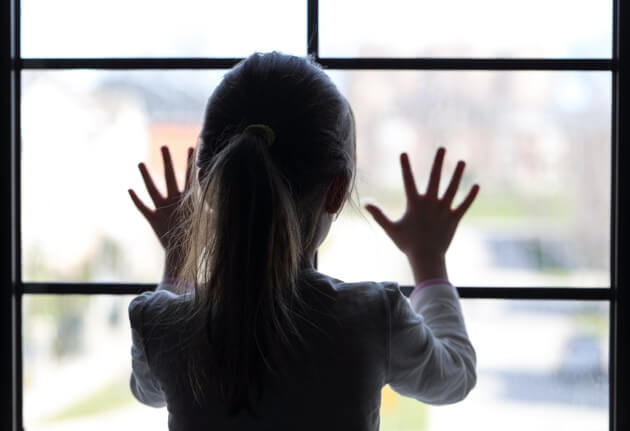Divorcing Parents – Think Twice Before Going to Court

Parents Fighting Around Kids After Divorce
By Rosalind Sedacca, CDC
When famous celebrities like Mel Gibson, Denise Richards, Halle Berry and others battle through a divorce, the stakes are high. Millions of dollars are often in contention, blurring issues related to child-custody and visitation. These couples hire “killer” attorneys and commit to paying an enormous price — which includes not only hefty legal fees, but a tremendous time expenditure and emotional toll.
Too many non-celebrity couples facing divorce blindly choose this same path – often without considering the reality of all the costs involved. They do not have the revenue to maintain ongoing litigation in the courts. Nor do they have a game plan for putting together the pieces of their shattered family after the legal battles are finally over.
Sadly they come to realize that celebrities are usually poor role models. They don’t necessarily make the wisest decisions regarding their children’s best interest as they move through and beyond divorce.
Litigation doesn’t lead to positive outcomes.
It’s easy to forget that divorce litigation is really a luxury, not a necessity. And it’s often a luxury that results in material success at the cost of familial success. Not only is fighting expensive, it’s often more about ego than concern for the best interest of your kids. The money spent in court fighting over details could instead be used for living expenses or savings toward your child’s education. Those same issues could just as easily have been resolved through mediation – and at a much lower price.
Too often the only real winners in family courts are the two divorce attorneys. When you are paid by the hour to keep your client in the ring, it’s unlikely that peaceful resolution is a strong motivator. So it’s go for the jugular – and then let Mom and Dad pick up the broken chards of their lives while creating a workable plan for co-parenting the innocent children waiting on the sidelines.
When emotions are strained between two parents it’s hard to think about cooperation, let alone aligning yourself with one another co-parent on behalf of your children. That’s when an objective party needs to add some sanity and clarity to the mix.
Trust your own parenting skills when co-parenting.
Parents need to be reminded that no one knows your children better than both of you. Do you really want a stranger deciding the fate of your children – or the outcome of how much time you get to be with them? Is it worth the gamble to put your family’s future in the hands of an overworked family court judge?
Wouldn’t the advice of professional counselors, mediators, coaches or collaborative divorce attorneys – all child-advocates who work toward finding long-term resolutions that work for everyone in the family – be a wiser (and more cost-effective) choice?
How do you think your children want Mom and Dad to handle decisions affecting their family after divorce? What will you say to them when they are grown adults and question your choices? Are litigation battles really in your family’s best interest? Think long and hard before you answer. Your children will thank you!
* * *
Rosalind Sedacca, CDC is the founder of the Child-Centered Divorce Network, a Divorce & Co-Parenting Coach and author of the acclaimed ebook, How Do I Tell the Kids About the Divorce? A Create-a-Storybook Guide to Preparing Your Children — With Love!To get her free ebook, coaching services, expert interviews, programs, e-courses and other valuable resources on divorce and co-parenting, visit: http://www.childcentereddivorce.com
Please share this article on social media!
 By Rosalind Sedacca, CDC
By Rosalind Sedacca, CDC